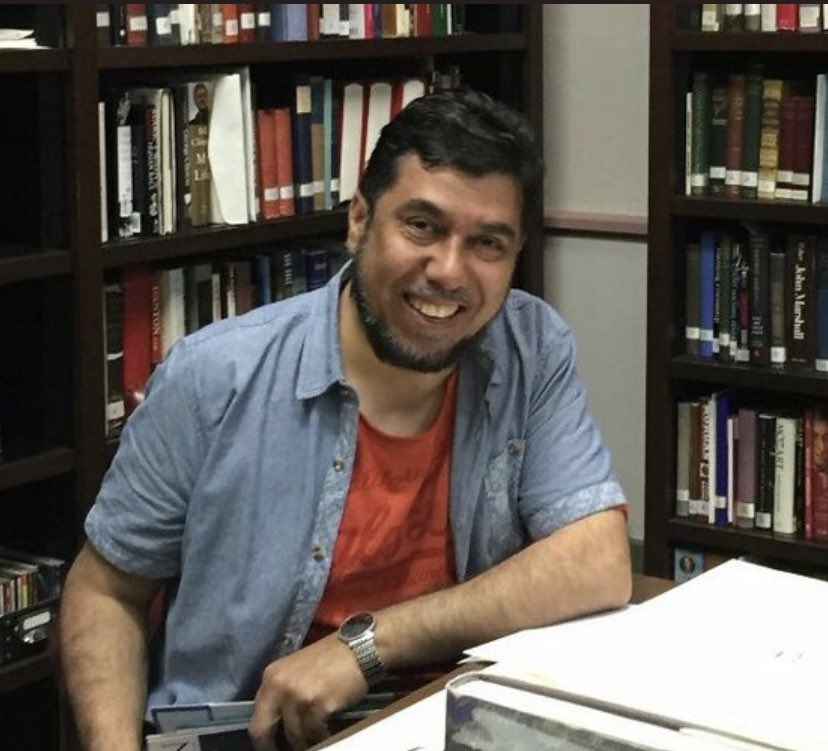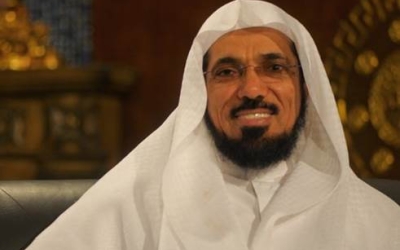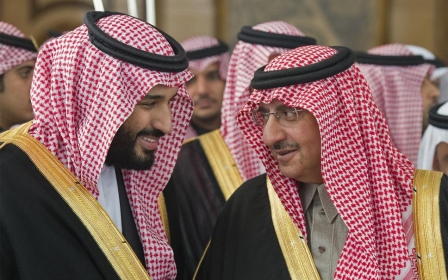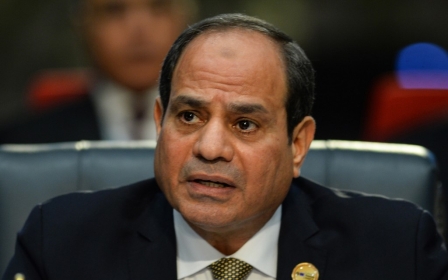Saudi court sentences Salman al-Odah's brother to five years in prison

Saudi Arabia sentenced the brother of jailed cleric Salman al-Odah to five years in prison for "inciting discord", the cleric's son said.
"Authorities, via a special criminal court in Riyadh, have sentenced my uncle to five years in prison and issued him a travel ban on charges of exploiting his brother's case to foment discord and harm security," Abdullah Alaoudh tweeted on Wednesday.
Prisoners of Conscience, a group that reports on rights abuses by the Saudi government, confirmed the sentencing, saying Khaled was transferred to Riyadh "handcuffed and feet bound" in his first secret trial session in October 2018.
The advocacy group said that in 2018, before his first session in court, he was deprived of his medication and consequently fainted in the courtroom.
Khaled was arrested three and a half years ago after he showed solidarity with his influential brother on social media.
Salman al-Odah, 63, an internationally renowned Sunni scholar known for his comparatively progressive views, was first detained in September 2017, shortly after tweeting a prayer for reconciliation between Saudi Arabia and its former regional ally Qatar to his more than 13 million followers, three months after Riyadh had launched a blockade against the neighbouring Gulf state.
His detention was part of a wave of arrests targeting critics and opponents of Saudi Crown Prince Mohammed bin Salman.
The charges against Odah include exposing "injustices towards prisoners" and "expressing cynicism and sarcasm about the government’s achievements".
Salman al-Odah's trial was set to resume in secret in October, after the scholar had spent three years in solitary confinement.
In May 2019, goverment sources told MEE that the Saudi authorities were determined to execute him and other scholars languishing in prison.
Middle East Eye delivers independent and unrivalled coverage and analysis of the Middle East, North Africa and beyond. To learn more about republishing this content and the associated fees, please fill out this form. More about MEE can be found here.





